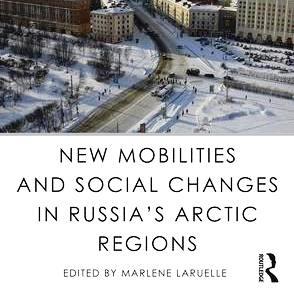(UA/AU) Barely a day had passed since Alexander Sodiqov had been jailed in Central Asia and his colleague Edward Schatz was already mulling a public campaign to bring Mr. Sodiqov home. “Right away, one of the things we wanted to do was start a petition,” said Dr. Schatz, an associate professor of political science at the University of Toronto. Mr. Sodiqov, a doctoral student working with Dr. Schatz, was detained in Tajikistan for nearly three months in 2014.
Mr. Sodiqov was held in the Central Asian nation on charges of treason and espionage while conducting research in the country. He was eventually allowed to return to Canada after Dr. Schatz and other academics raised the alarm with a campaign that steadily grew in size. The petition emphasized Mr. Sodiqov’s scholarly credentials, which helped signal that he was a neutral figure and not a “cause célèbre,” said Dr. Schatz.
The question of how exactly administrators and academics should respond in the event that one of their own is detained abroad is a vexing issue Canadian universities are dealing with right now. Canadian-Iranian scholar Homa Hoodfar, a professor of sociology and anthropology at Concordia University, continues to bedetained in Iran’s Evin prison since she was arrested and sent there on June 6. She was travelling the country for research and personal reasons. The Iranian government accuses her of acting against national security, a charge her defendants vehemently deny. Reports suggest that she has been held in solitary confinement and that her health is failing. […]
Read More © UA/AU (Universities Canada)











